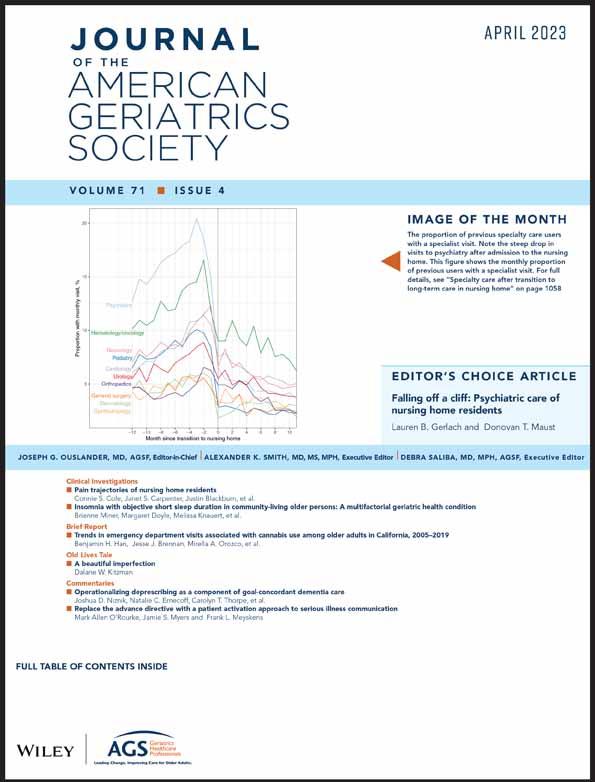Headline
Randomized controlled trial of a person-centered housing intervention for older adults shows improved health outcomes for formerly homeless adults living in permanent supportive housing.
Context
Permanent supportive housing (PSH) is an evidence-based housing approach that provides access to affordable, independent housing and supportive services for people experiencing chronic homelessness. There is limited research on if and how PSH supports tenants to remain in their homes as they age. This randomized clinical trial evaluates the impact of Community Aging in Place, Advancing Better Living for Elders (CAPABLE), an evidence-based, person-centered housing intervention for improvements in activities of daily living (ADL) and instrumental ADL (IADL) for PSH tenants.
Findings
The researchers worked with the CAPABLE program staff to gather baseline and follow-up data measures on the participants, including several health-related outcomes and ADL and IADL limitations. The participants were an average age of 63 years old and the majority had three or more chronic health conditions. Overall, the study found evidence that the CAPABLE intervention improved health outcomes across five out of seven health measures, such as reductions in ADL limitations and number of falls. The most significant improvements seen in the intervention group, compared to the control group, were for reductions in IADL limitations and depression.
Takeaways
This study shows promising evidence that the CAPABLE intervention improves health outcomes for formerly homeless adults living in PSH, which is a population that experiences higher rates of chronic health conditions and accelerated aging. Although the PSH population tends to be younger and with more chronic health conditions than the target population for CAPABLE, this study shows the intervention can improve health outcomes for this population and potentially have an impact on costs through decreased emergency department visits and hospitalizations and increased ability to age in place.

